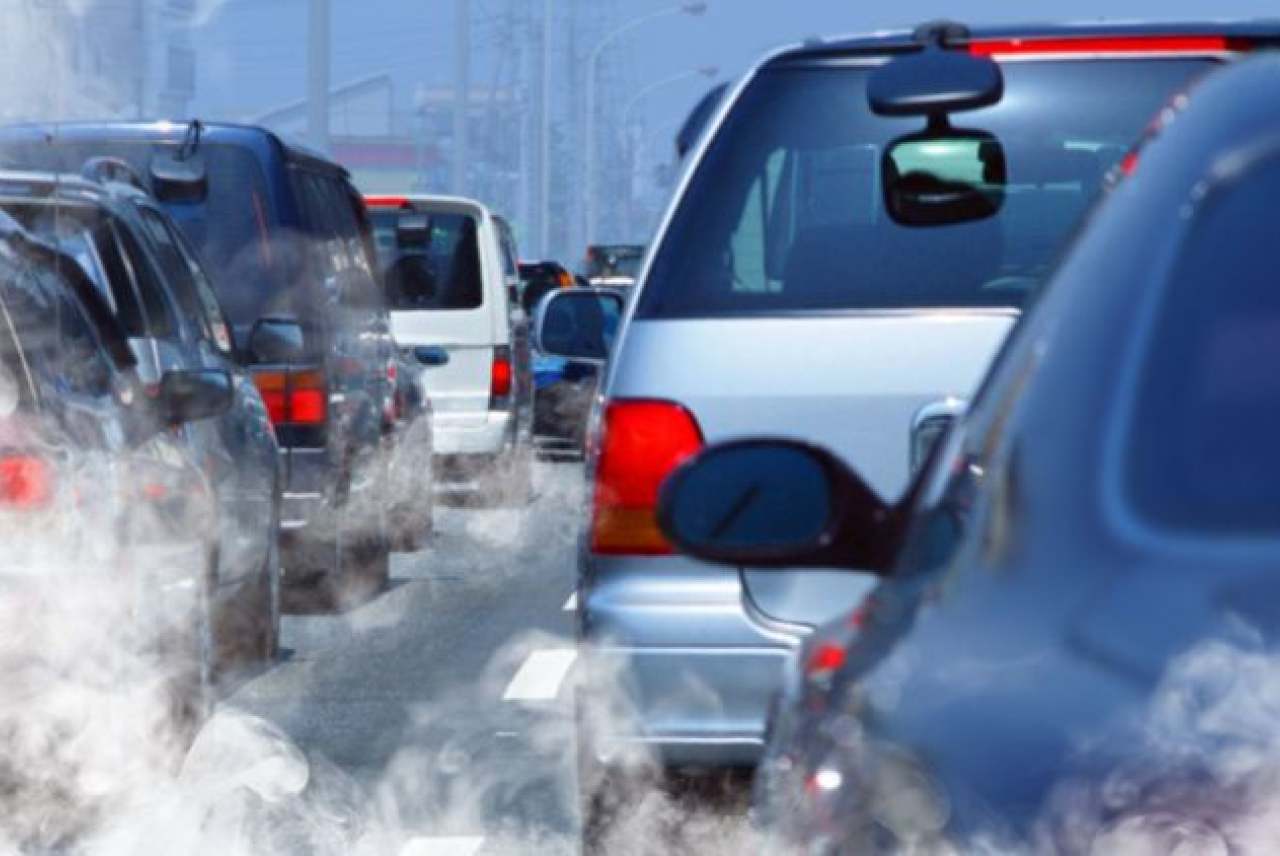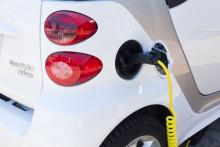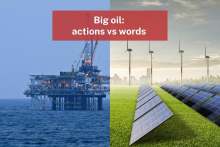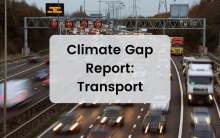In 2015 the ‘dieselgate scandal’ erupted in the USA. VW ended up receiving one of the largest fines in corporate history (around $30 billion) for fitting ‘defeat devices’ in its diesel cars to cheat US government pollution tests.
A mainstream global business with, ironically, a reputation for good sustainability reporting, was caught out deliberately choosing to prioritise company profits over human life.
In June 2018 Professor Holgate, a UK pollution scientist, managed, for the first time, to put a name and a face to someone the motor industry had killed. Ella Kissi-Debrah was a 9-year-old girl who lived just 25 metres from London’s South Circular road. She had been admitted to hospital 28 times before dying in 2013 from acute respiratory failure.
Ella’s house was also just one mile away from a government pollution monitoring station and Professor Holgate found that spikes in air pollution had coincided with all but one of Ella’s emergency admissions. Her death came after one of the worst pollution episodes and, although now publicly known, is unlikely to be unique.
Nitrogen Dioxide pollution (NO2), which is produced largely by diesel vehicles, causes 5,900 early deaths every year in London, and it took only five days for Brixton Road in London to break its NO2 limits for the whole of 2017.
Schoolchildren in Beijing commonly wear air pollution masks on the way to school and the World Health Organisation estimated that 7 million premature deaths are due to air pollution.







